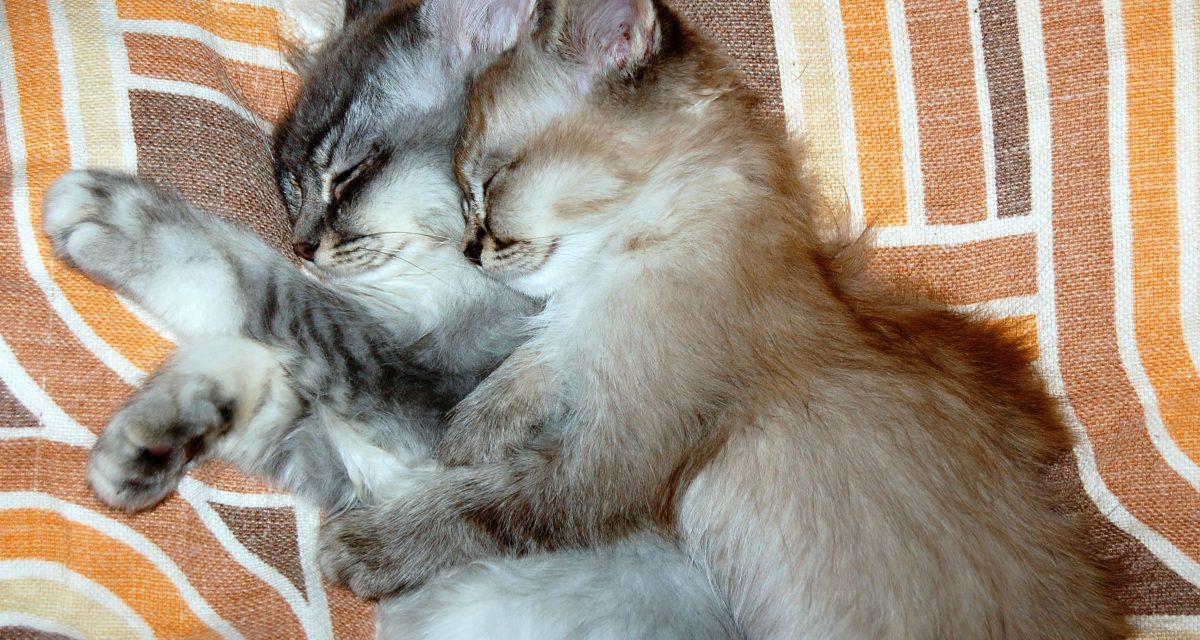Socialization Tips For Kitten Owners
Even though cats have been domesticated for thousands of years, each new kitten that comes into our world must learn about humans. Socialization is the process during which kittens develop positive relationships with other living beings. The most sensitive period for successful socialization is during the first 3 months of life, specifically from 3 to 9 weeks. The experiences the pet has during this time will have a major influence on its developing personality and how well it gets along with people and other animals when it grows into adulthood. It is very important for kittens to have frequent, positive social experiences during these early months in order to prevent asocial behavior, fear, and biting. Kittens that are inadequately socialized may develop irreversible fears, leading to timidity or aggression. This is not to say that socialization is complete by 3 months of age, only that it should begin before that time. Continued exposure to a variety of people and other animals, as the pet grows and develops, is an essential part of maintaining good social skills. It is also extremely important that the kitten be exposed to new environments and stimuli at this time (e.g., sounds, odors, locations) to reduce the fear of “the unfamiliar” that might otherwise develop as the pet grows and ages.
Kitten Socialization:
Although kitten socialization classes are not as popular as puppy classes, these may be available in your area. They are an excellent way to ensure multiple contacts with a variety of people and other cats. It may be beneficial to have each family member and each visitor to the home give your kitten a treat each time it is approached or handled. You should make certain that the pet has the opportunity to meet and receive treats from a wide variety of people of all ages, appearances and both sexes during the early formative months. Every effort must be made to see that your new cat has plenty of opportunities to learn about children. Kids can seem like a completely different species to kittens since they walk, act and talk much differently than adults. Cats that grow up without meeting children when they are young may never feel comfortable around them when they become adults. And last, but not least, be careful to avoid physical punishment or any other interactions with people or experiences in new environments that might make the kitten anxious. Verbally or physically punishing a young pet will damage its bond with you and make it increasingly wary or anxious of being approached or handled by people. Techniques such as tapping the nose, grabbing the scruff of the neck, or hissing at the kitten may only serve to make it more fearful of the owner. In general, any interactions with people that might make a kitten anxious should be avoided.
Best wishes for a long and happy relationship!
Landsberg G. Hunthausen W. Ackerman L 2003 Handbook of Behavior Problems of the Dog and Cat Saunders, Edinburgh. Copyright 2003 Elsevier Science Limited. All rights reserved





